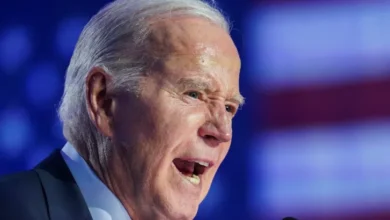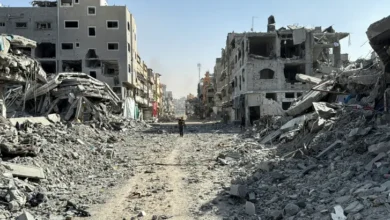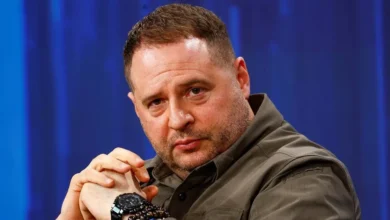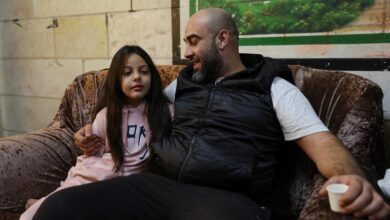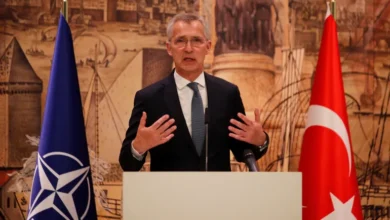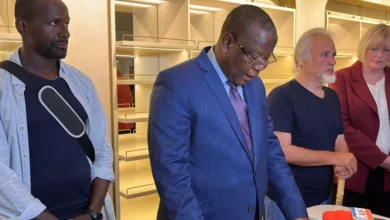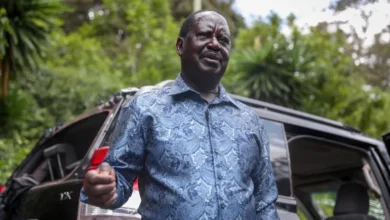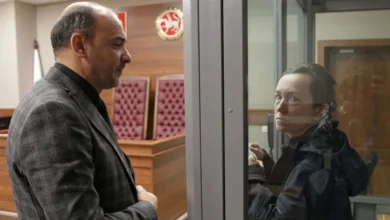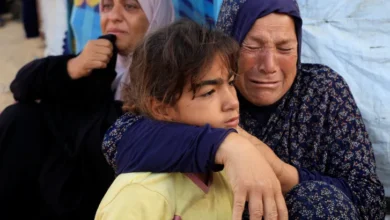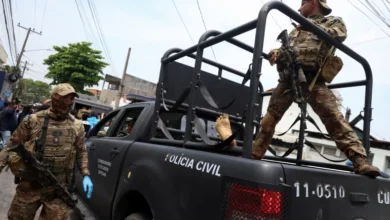ICC unveils arrest warrant for top Sahel extremist leader
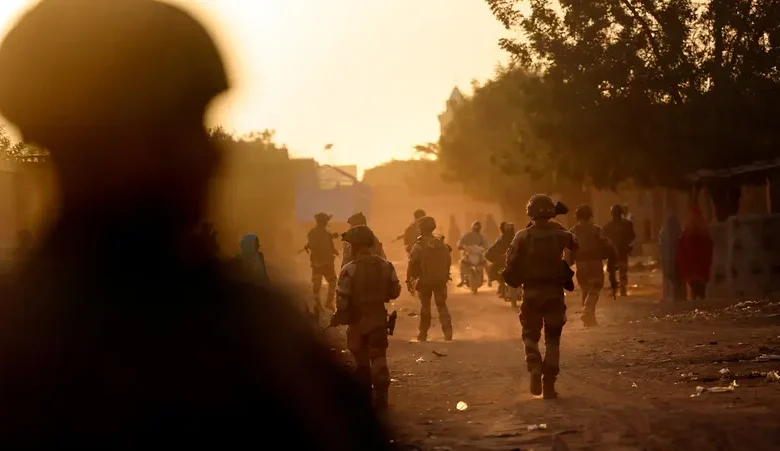
International Criminal Court judges on Friday made public an arrest warrant for one of the Sahel’s top extremist leaders over alleged atrocities in the fabled Malian city of Timbuktu from 2012 to 2013.
Iyad Ag Ghaly, age not given, is said to be the undisputed leader of the Al-Qaeda-linked Group for the Support of Islam and Muslims (JNIM), which operates in Mali, Burkina Faso and Niger.
The JNIM is accused of numerous attacks against national forces and atrocities against civilian populations.
Ag Ghaly previously led the Ansar Dine extremist group that invaded the city known as the “Pearl of the Desert” more than a decade ago.
Also known as “Abou Fadl,” Ag Ghaly is wanted for war crimes and crimes against humanity allegedly committed in Timbuktu, the ICC said.
These included murder, rape and sexual slavery and attacks on buildings dedicated as religious and historic monuments.
Judges issued the warrant against Ag Ghaly in mid-2017, but the document has been kept under wraps for the past seven years because of “potential risks to witnesses and victims.”
The ICC “at the request of the Prosecutor, made public an arrest warrant against Iyad Ag Ghaly for war crimes and crimes against humanity allegedly committed in northern Mali between January 2012 and January 2013,” the Hague-based tribunal said in a statement.
“Mr Ghaly is not detained by the ICC,” the court said.
Ansar Dine occupied Timbuktu in 2012, taking pickaxes to 14 of the city’s famous mausoleums of Muslim saints. The group also conducted a reign of terror among the local population.
Ag Ghaly is a veteran of Mali’s internecine conflicts.
An ethnic Tuareg from northern Mali, he first leapt onto the stage during a Tuareg rebellion in the 1990s.
After it subsided, he went into business, before publicly returning to militancy again in 2012, with the newly created group called Ansar Dine.
That year, Tuareg separatists launched a rebellion in northern Mali, which was quickly commandeered by extremists.
The event triggered a bloody conflict, which has now spread to the center of the country, and neighboring Burkina Faso and Niger.
Opening its doors in 2002, the ICC is the only independent court that investigates and prosecutes the world’s worst crimes.
However, the court does not have the capacity to apprehend suspects and relies on member states to carry out arrests.
